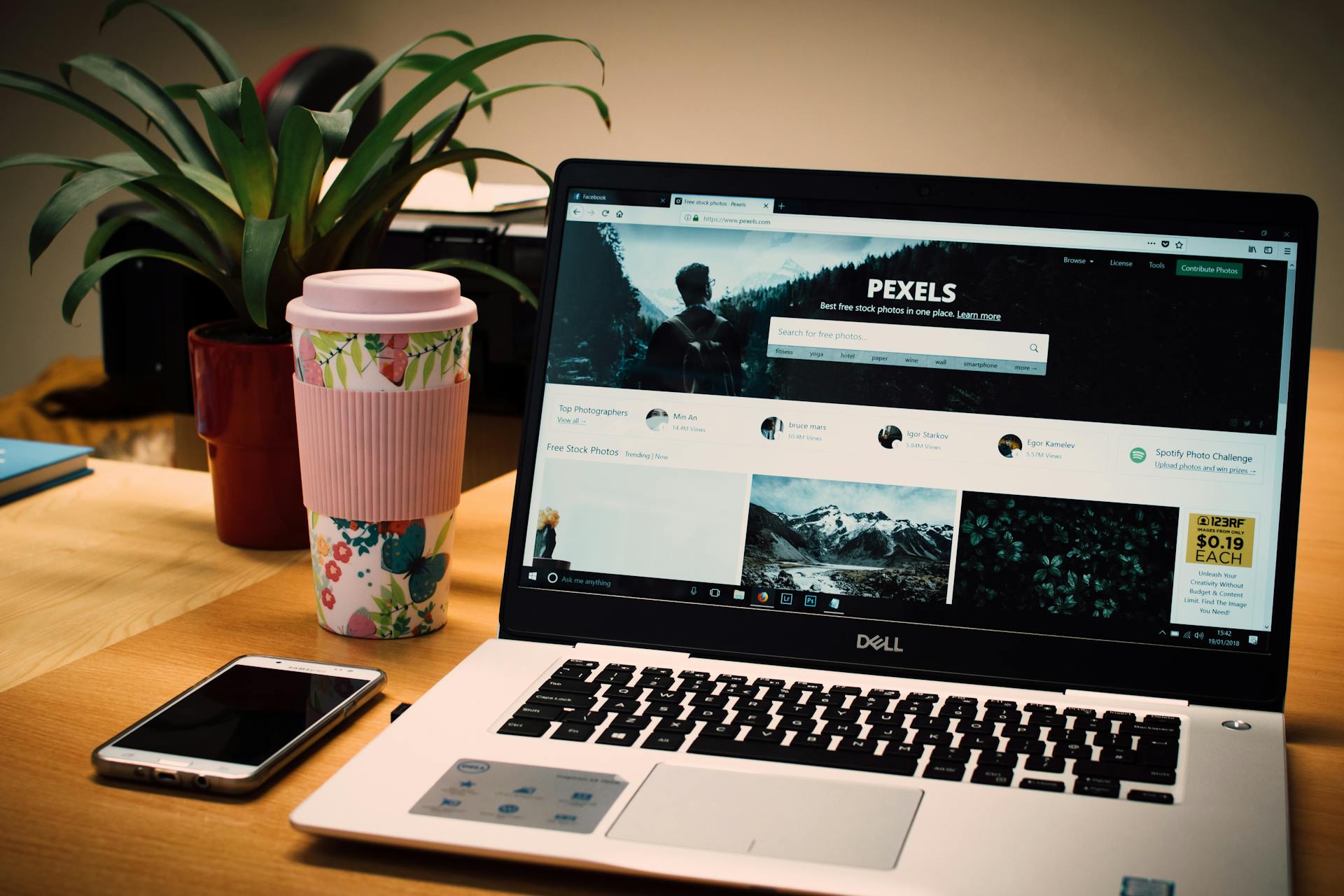Taking a digital break primarily involves breaking the monotony of endless streams of notifications and mindless scrolling on your phone. The break serves as a reset button to divert your attention from what is really important, such as meeting an assignment deadline, preparing for the next exam, or just having a moment for introspection. Between scrolling on social sites, gaming, and catching up with the latest movies, it is easy to lose track of time. Studies indicate that too much screen time can affect one’s concentration and can ruin sleeping patterns. This overexposure can make it harder to focus on assignments, leading some students to pay for essay services just to keep up. Therefore, there is a need for a digital detox to keep your brain recharged and ready to tackle other important things instead of constant chatting or gaming. Here are ways you can make the most of a digital break to boost your college performance.
Table of Contents
ToggleTake Gradual Steps
It usually feels impossible to just toss away your phone or delete all the interesting apps for a few days. Your brain loves screen time and gets a dopamine hit from every scrolling session and notification. Therefore, before taking any drastic steps towards withdrawing from social media, you must train your brain. Starting small allows your brain to adjust to life without digital stimulation, which makes the process more sustainable. The idea of staying away from your phone for more than an hour can be uncomfortable, which is why you need to start with manageable changes like putting the phone away during mealtime. You can also schedule specific times to scroll on social media. For example, you can skip the morning scroll so that you have tech-free hours every morning. If you go too fast with your digital detox, it’s much easier to revert, and you might find yourself binge-scrolling after long hours of deprivation.
Have Boundaries
When going on a detox, it is best to bring everybody on board to ensure it is effective. Therefore, you will have to let your friends and family know about your detox so that they do not expect an instant reply from you unless it’s urgent. Setting boundaries with your family and friends means fewer distractions, and you will also not feel guilty if you fail to reply to group chat memes or random messages. Further, to avoid distractions, you can get your phone on DND, block notifications, or limit screen time on specific applications. Setting boundaries helps you avoid sneaky distractions; one look at a message can result in endless scrolling on your phone. If you struggle with limiting your screen time, you can use applications such as Forest or Focus@Will, which have a built-in screen time tracker that can block apps that cause distraction.
Create Designated Tech-Free Spots
Start by designating specific areas where you should not handle your phone or other gadgets. You can make your study space a tech-free zone unless it is a gadget you need for your studies, such as your laptop or tablet. Using your laptop or tablet in your study space must be strictly for your studies. Keeping your study area a tech-free zone helps you go on an automatic digital detox during the time you will be studying and shields your study time from interruptions.

Your bedroom should also be a tech-free zone to ensure you get into a proper sleep routine. However, many times, we find ourselves scrolling on our phones late into the night. For instance, you might be lying in bed, browsing through different websites, looking for the best place to purchase essays. You might come across a PayForEssay evaluation and start reading it to learn whether it’s a trusted option. These late-night searches often interfere with your sleep, so keeping your phone away can help break that habit.
Find Other Hobbies
Social media, gaming, or watching movies feed us a steady stream of dopamine. The quick hits of excitement make it hard for us to detach from our gadgets. Therefore, you need to find healthier alternatives that can give you a similar level of excitement. It’s hard to keep up with digital detox when you do not have any other activities to pull you away from your screen time. Therefore, you can pick up a hobby such as painting, reading, going for a stroll, or even working out.
You can join a campus club if you want to be more engaged. You can also be more intentional about making new friends and bonding with them offline so that you do not feel the need to keep checking your phone for texts from your friends. Staying busy helps you adapt to life without depending so much on the digital space. For more effectiveness, you can include your newly found hobbies as part of your routine to help you get into a structured, tech-free time.
Use Technology in Meaningful Ways
Technology has its upsides and downsides; therefore, you can find ways to use it intentionally. Proper tech usage can help boost your productivity and even mental health. Some of the meaningful ways to use technology include:
- Listening to podcasts.
- Using meditation and mindfulness apps like Headspace.
- Using learning and productivity apps.
- Learning coding and tech skills.
- Attending virtual study groups.

Technology is not entirely destructive. It can also be a powerful tool in your academic and personal journey if used the right way. Additionally, finding ways to use technology in meaningful ways will help you avoid endless scrolling on social media since you will be focused on other digital areas that enhance your life. For example, instead of watching TikTok videos, you can listen to an educative podcast or take the time to learn some tech skills that can be instrumental in your career growth.
Final Thoughts
Going on a digital detox doesn’t mean giving up technology. Rather, it means limiting your screen time, creating tech-free zones, switching to non-digital activities, and using technology sensibly in order to create technological boundaries and healthy habits. You’ll be happier overall and have more focus and clarity of mind when you take a mental vacation from the digital world. So, a deliberate and planned approach to take charge of your use of technology in both your personal and academic life is to go on a digital detox.



